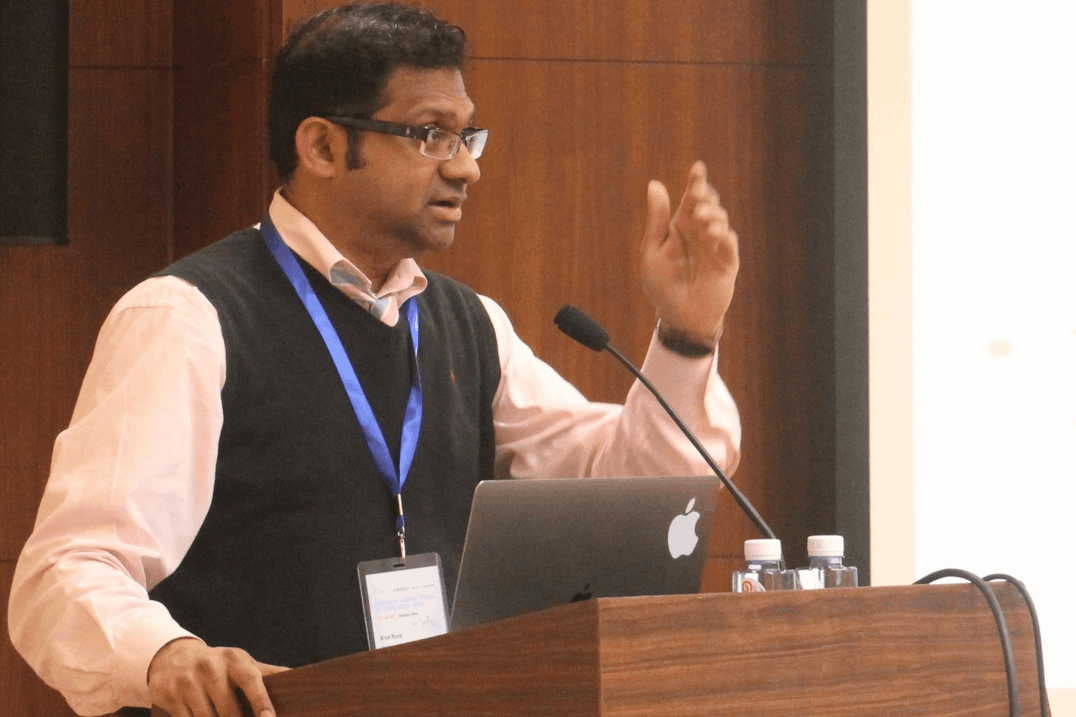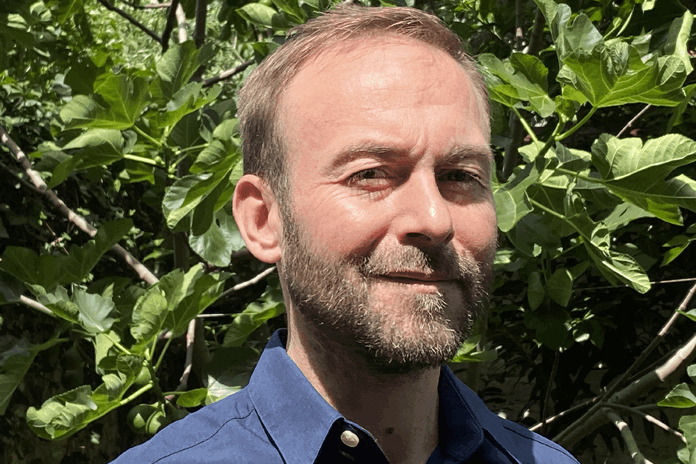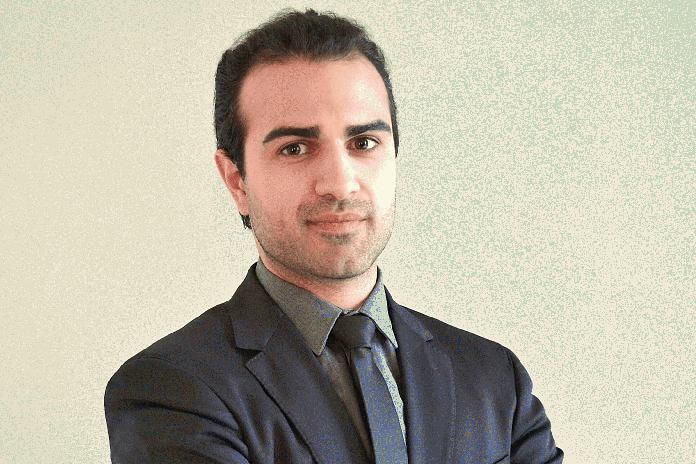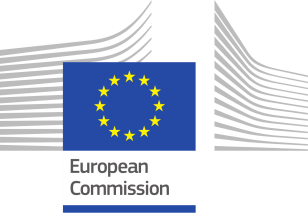Keynote 1
Tom BäckströmAalto University - Finland13 September from 9.10 to 10.00
Conceptual Framework for Privacy in Voice Technology
In the last few years, I have been conceptualizing a holistic framework to address privacy in voice and speech technology. The purpose is to enable discussions, dissemination, and evaluation of the performance of complete systems. I present my current framework, which makes distinctions between objective protections for private messages and associated side-information, as well as the design of user-interfaces that reflect the objective level of privacy. Based on the methods presented, the most important current challenges, in research, are subjective privacy, theoretical metrics, computational complexity, and methods for disentanglement, as well as, in dissemination, communicating uncertainties in results.

Tom Bäckström D.Sc. (tech.) is an associate professor at Aalto University, Finland (2019-). He obtained his Master's and Doctoral degrees at the Helsinki University of Technology (the predecessor of Aalto) in 2001 and 2004, respectively. During his time at International Audio Laboratories Erlangen, Germany (2008-2016), he made contributions to several international speech and audio coding standards such as MPEG USAC and 3GPP EVS, and became a professor (W2) at Friedrich-Alexander University Erlangen-Nürnberg (FAU) (2012-2016). Before his current position, he was a professor practice at Aalto University (2016-2019). He was the initiator and chair of ISCA SIG "Security and Privacy in Speech Communication" (2019-2022) and is currently a member of the ISCA Board. His current research interests include privacy, coding, enhancement, and transmission of speech as well as machine learning.



